Brenton Tarrant sentenced to life without parole for Christchurch mosque mass shooting
Australian white supremacist Brenton Tarrant, who killed 51 people and injured 40 in Christchurch mosque terror attacks, has been sentenced.
Australian mass killer Brenton Tarrant will die behind bars in New Zealand.
The 29-year-old white supremacist has been sentenced to life without the possibility of parole for last year’s Christchurch mosque attacks that killed 51 people and injured 40 – the country’s deadliest ever mass shooting.
It’s the first time in New Zealand’s history such a sentence has been imposed.
Handing down the sentence in the Christchurch High Court on Thursday, Justice Cameron Mander ordered that the “wicked” and “inhuman” Tarrant never be released from the maximum-security Auckland Prison in Paremoremo.
“Having given the matter much consideration, I am satisfied that no minimum period of imprisonment would be sufficient to satisfy the legitimate need to hold you to account for the harm you have done the community,” Justice Mander said.
“I have concluded there is no minimum term of imprisonment available to me that would not otherwise equate to a whole-of-life sentence.”
Tarrant, whom it was feared would use the sentencing as a platform to further spread his ideology, ultimately waived his right to speak at the hearing, after informing the court through its counsel he did not oppose life without parole.
After learning his fate, he was unceremoniously shuffled out of the courtroom by the towering corrections officers who had sat stony-faced by his side for the gruelling four days.
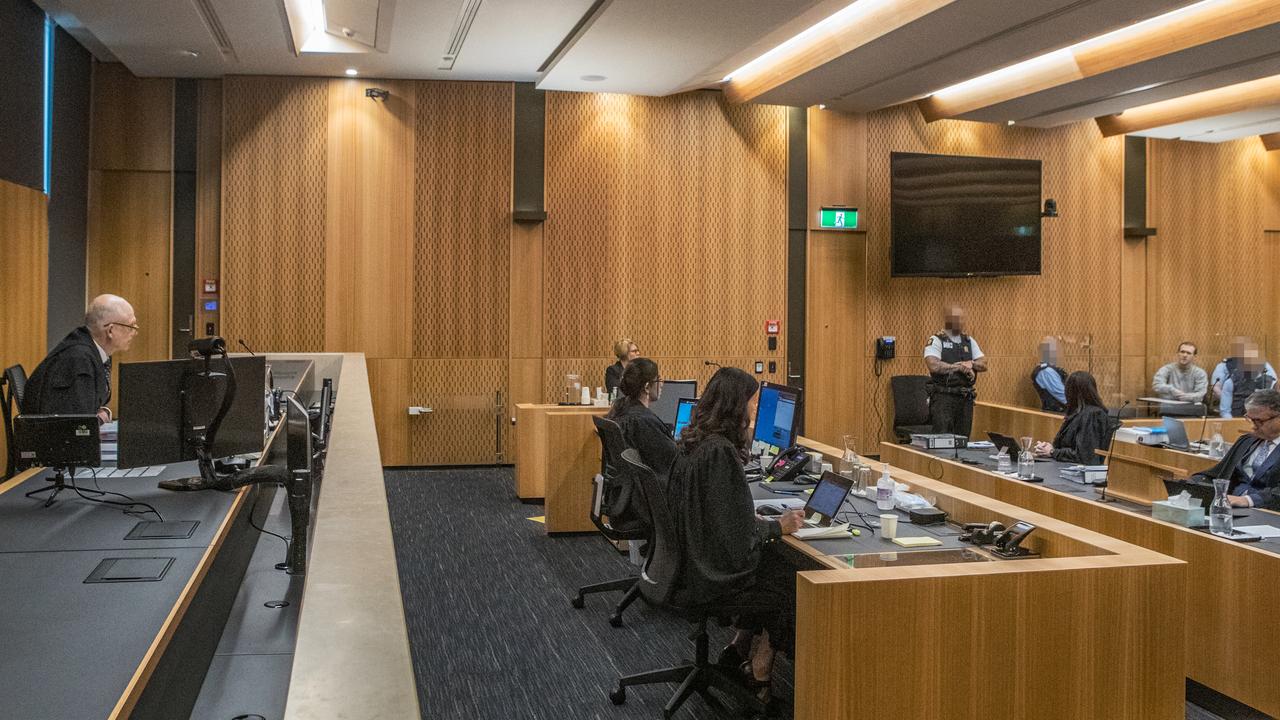
Australian Prime Minister Scott Morrison said in a statement that justice had been delivered “to the terrorist and murderer for his cowardly and horrific crimes in Christchurch”.
“It is right that we will never see or hear from him ever again,” Mr Morrison said.
“All Australians were horrified and devastated by his despicable act. New Zealand is family to us. Today, we send our love across ‘the ditch’ and I had the opportunity to pass on those wishes earlier today to New Zealand PM Jacinda Ardern.”
Ms Ardern said the crime was one that “New Zealand has never seen the likes of before and this is a sentence we’ve never seen before”.
“It gave me relief, to know that person will never see the light of day,” she said.
“The trauma of March 15 is not easily healed, but today I hope is the last where we have any cause to hear or utter the name of the terrorist behind it. His deserves to be a lifetime of complete and utter silence.”
Justice Mander said the sentence represented the community and court’s “repudiation” of Tarrant’s crimes and his “warped and malignant ideology”, which he described as “anathema to the values on which our inclusive society is based”.
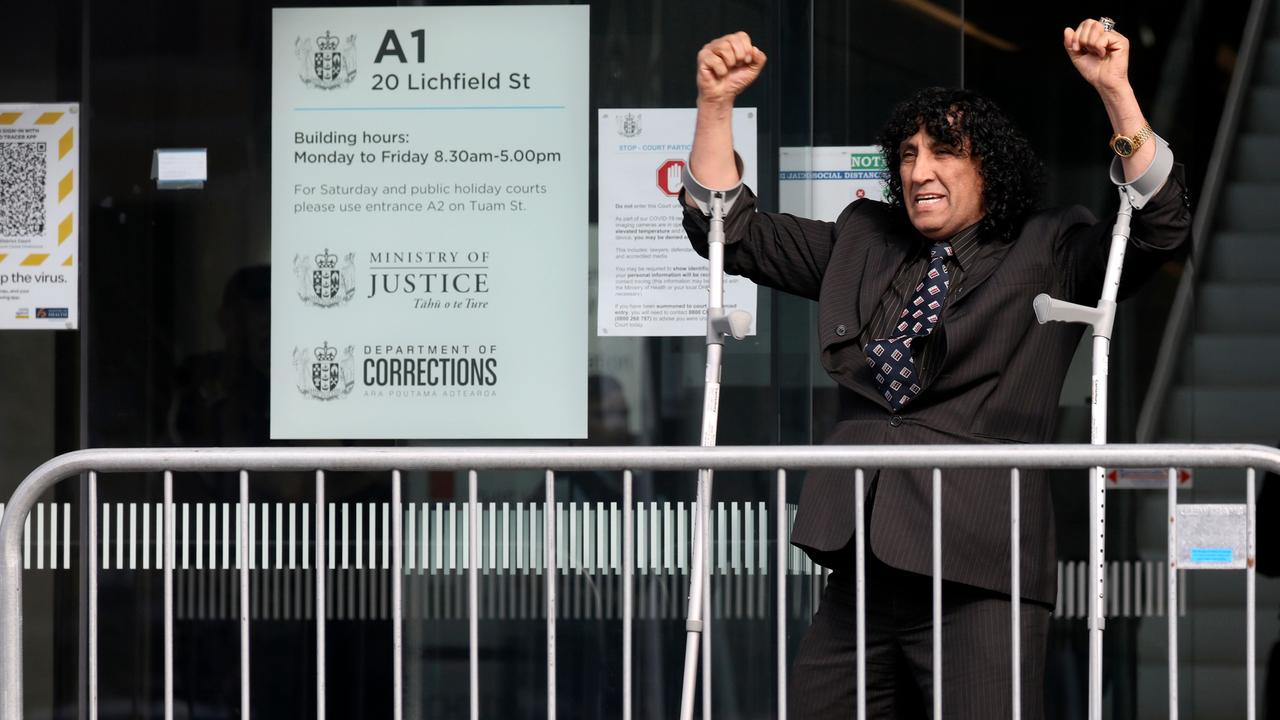
“You committed mass murder, you slaughtered unarmed and defenceless people, you maimed, wounded and crippled many others, your victims included the young and old, men, women and children,” he said.
“At one stage during your online commentary you referred to what was happening as a ‘firefight’. The absurdity of that lie reflected your need to mask the truth of your cowardly massacre of people who had no chance to protect themselves. It is self-evident your offending constituted extreme violence. It was brutal and callous. Your actions were inhuman.”
He continued, “You deliberately killed a three-year-old infant by shooting him as he clung to the leg of his father – but one instance of the pitiless cruelty you exhibited throughout.”
Justice Mander said in his sentencing he had “also taken into account the undoubtedly stricter conditions of custody to which you will be subjected”, describing the “onerous” conditions as “of course to a large extent a product of the enormity of your crimes”.
He stressed that while it was “difficult to look beyond the wicked nature of each murder and the pain and suffering you have caused”, Tarrant was “not only a murderer but a terrorist”.
Tarrant’s actions “go further than demonstrating a contempt for the sanctity of life”, Justice Mander said, but “in the name of a political ideology or cause” were “essentially (an) attack on New Zealand’s way of life”.
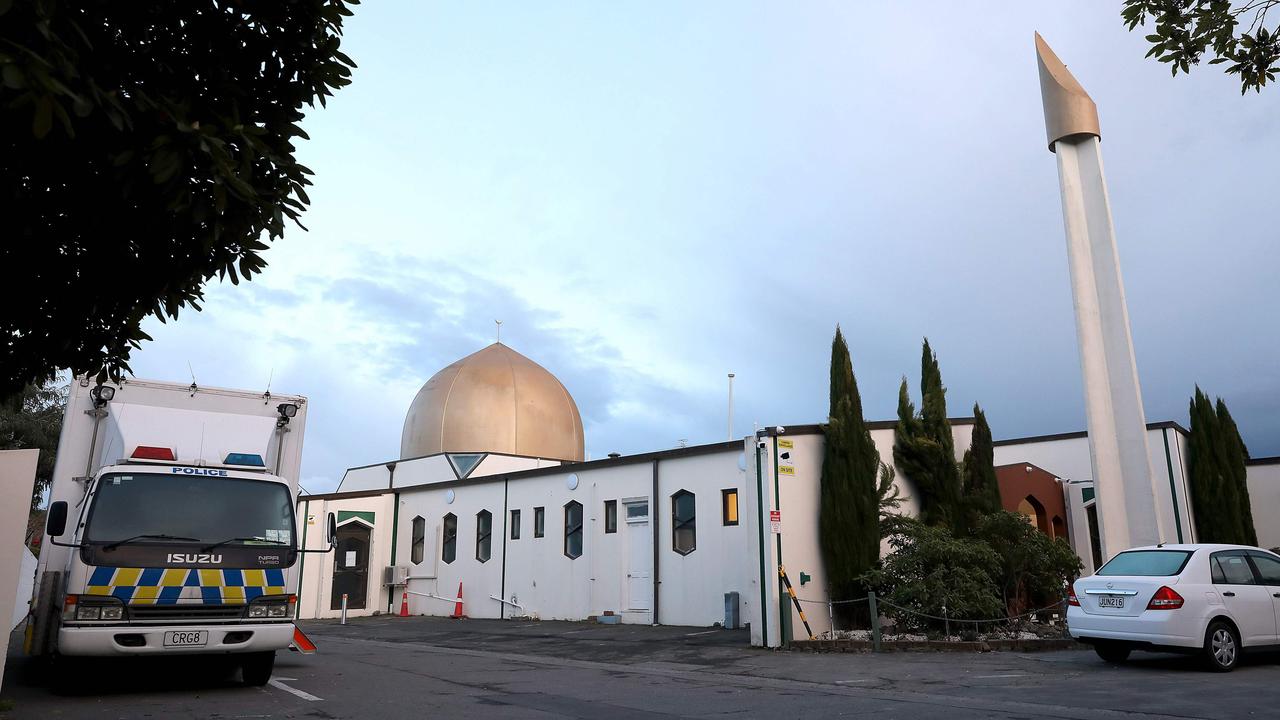
Crown prosecutor Mark Zarifeh, arguing for the imposition of life without parole, said the “enormity of the offending in this case is without comparison in New Zealand’s criminal history” and that it was “undoubtedly” the kind of crime envisaged by parliament when it passed the legislation in 2010.
Standby counsel Phillip Hall, acting for Tarrant, said he had only been given one instruction.
“That instruction is that Mr Tarrant does not oppose the application that he should be sentenced to life imprisonment without parole on the convictions where that is open to the court,” Mr Hall said.
Tarrant, originally from Grafton, NSW, initially pleaded not guilty to the attacks on the Al Noor and Linwood mosques on March 15, 2019, which he live-streamed on Facebook via a GoPro camera attached to his helmet.
He changed his mind and in March pleaded guilty to 51 counts of murder, 40 of attempted murder and one of committing a terrorist act, sacking his legal team to represent himself at his sentencing hearing, which began this week.
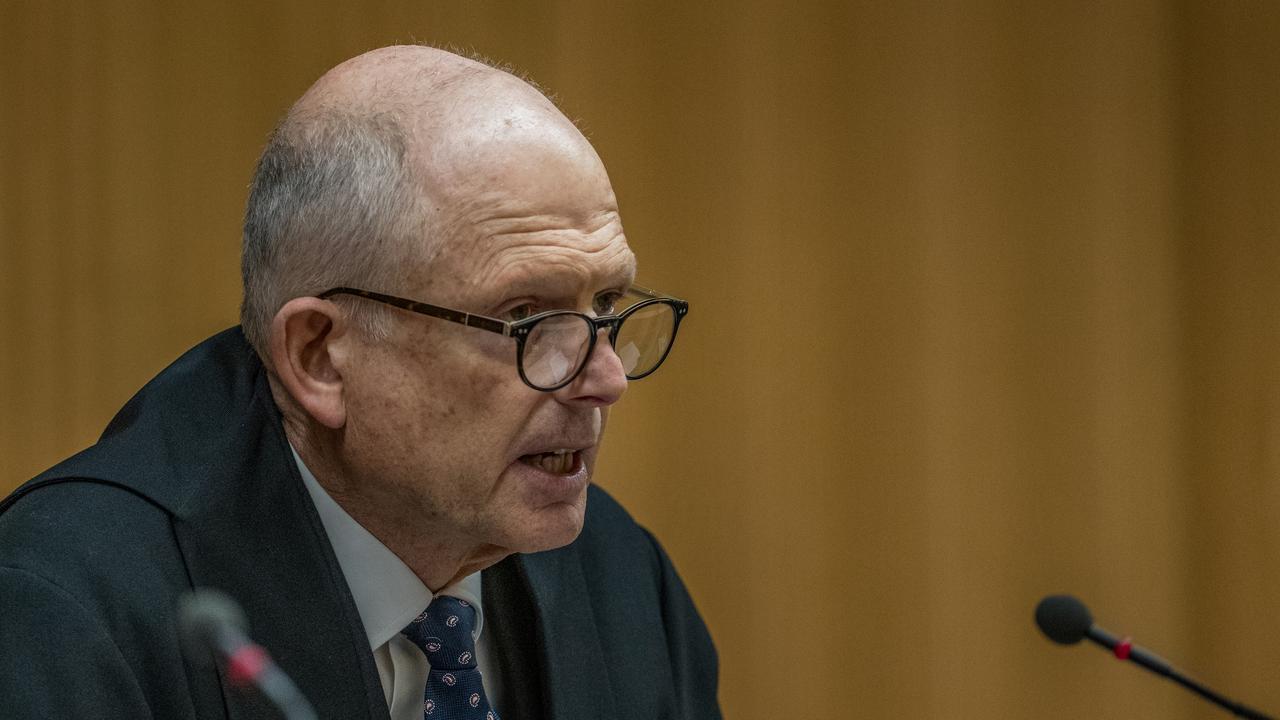
Justice Mander sentenced Tarrant to life imprisonment to be served without parole for the murders, concurrent terms of 12 years for the attempted murder charges, and life imprisonment for the terrorism charge.
Under the 2010 law, murder is the only crime for which a court can order a life sentence be served without parole.
Mr Zarifeh said the Crown’s belief was that Tarrant still showed no remorse and feared he would continue to pose a danger of plotting further terrorist acts, even in prison. He said there should be no concession given for the guilty plea.
“The nature of the offending itself completely overwhelms the effect of the guilty plea,” he said.
Tarrant sat with his chin on one hand as he listened intently to the arguments.
Justice Mander noted Tarrant had not filed any submissions or sentencing memoranda. Tarrant indicated he did not wish to say anything further, and nodded when asked if he was aware he had the right to make submissions.
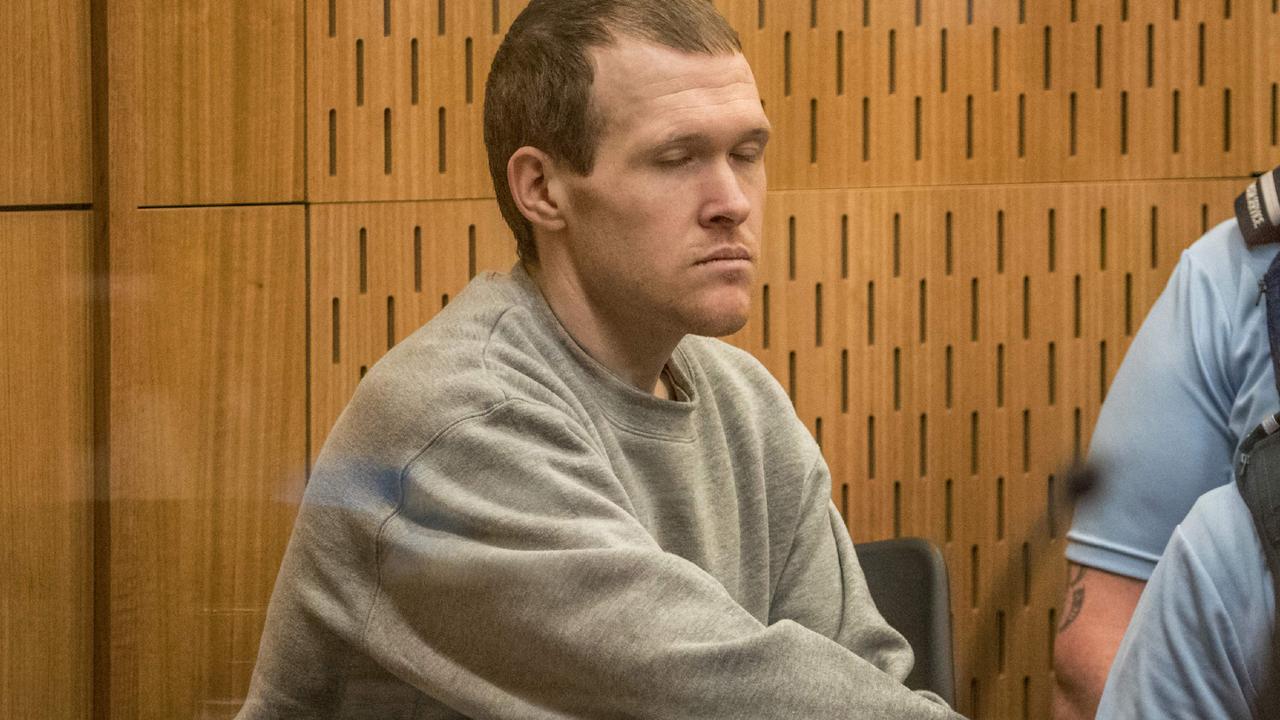
Amicus curiae Kerry Cook, appointed by Justice Mander to present arguments against life without parole, pointed to the “inconsistency” between the 2010 law and provisions in New Zealand’s bill of rights related to torture and arbitrary detention.
Mr Cook said the court had an obligation to recognise the “objective utilitarian benefit” of Tarrant’s guilty plea.
He also suggested there was “residual” hope for rehabilitation, noting Tarrant in his manifesto had said he would plead not guilty “yet he did”.
“The views he held then are not the views he holds now in relation to that, and there may be some further shift in the future,” Mr Cook said.
“The point is, even during the year of his incarceration there has been movement in his views. That movement includes the offer to meet the victims in a restorative justice process.”
In a pre-sentencing report prepared for the court, Tarrant described his offending to the author as “abhorrent and irrational” and said nothing good came from it, according to Mr Zarifeh.
But the report said Tarrant showed “cognitive distortions about his motives” and that his psychologist and psychiatrist questioned the reliability of his expressions of remorse and disavowal of his previous views.
“(The psychiatrist) went on to point out he had shown himself capable of careful planning of extreme violence over extended time periods and that the possibility of terrorist acts, albeit in prison at some future point, should not be discounted,” Mr Zarifeh said.
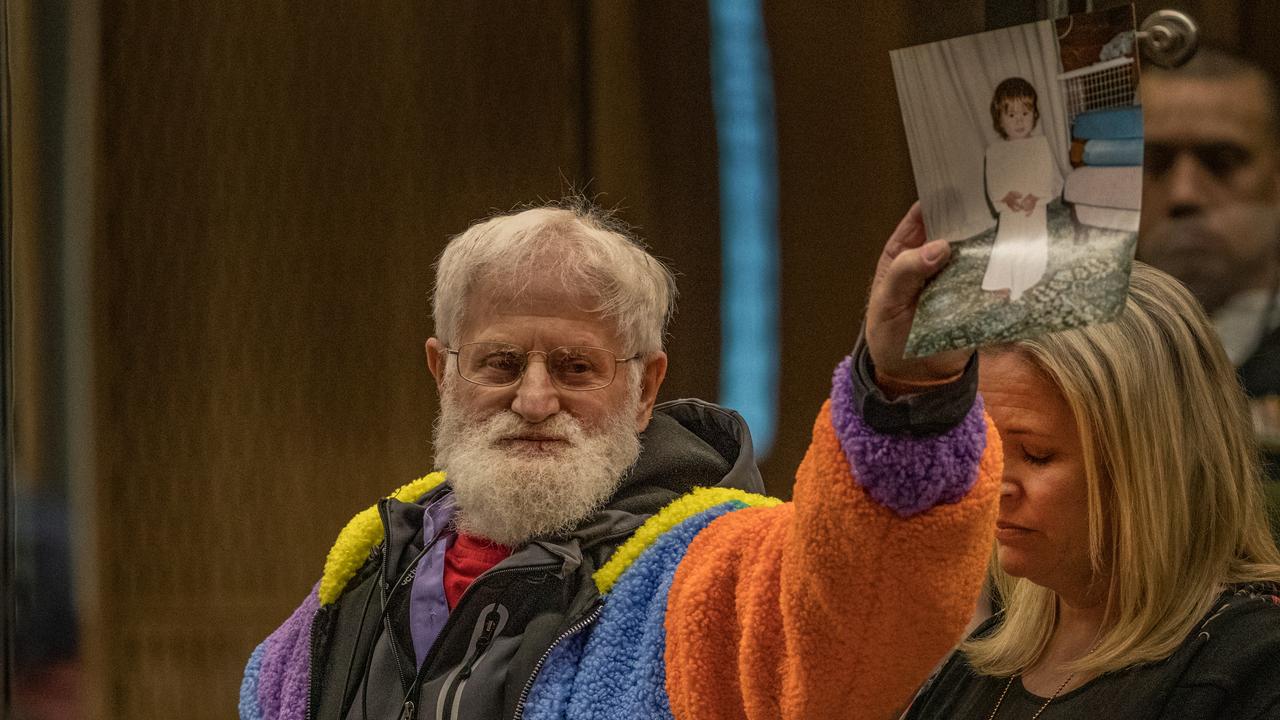
Justice Mander said he remained “sceptical” of Tarrant’s claimed contrition – and revealed why the killer appeared to show virtually no emotion as victims shared their stories.
“You told one of the health assessors that you considered the best course for yourself and your victims was to remain silent and say nothing, and that you did not wish to come across as showing remorse in order to obtain mitigation for what you did,” he said.
“To my observation, however, you remain entirely self-absorbed. There is little to indicate that your pleas denote any deeply held sense of remorse for your victims of that your are particularly distressed at having caused such terrible grief.”
Justice Mander accepted that Tarrant had “forsaken the opportunity to use this process as a platform” and “now appear to accept what you did was wrong” but that “you appear neither contrite nor ashamed”.
“Your regret appears centred on the waste of your own life ... rather than the innocent lives you have taken,” he said.
Tarrant told the pre-sentencing report writer that his previous beliefs were “not real”, that he was in a “poisoned emotional state” and “terribly unhappy” in the lead-up to his crimes, and that he felt ostracised and wanted to damage society as an act of revenge.
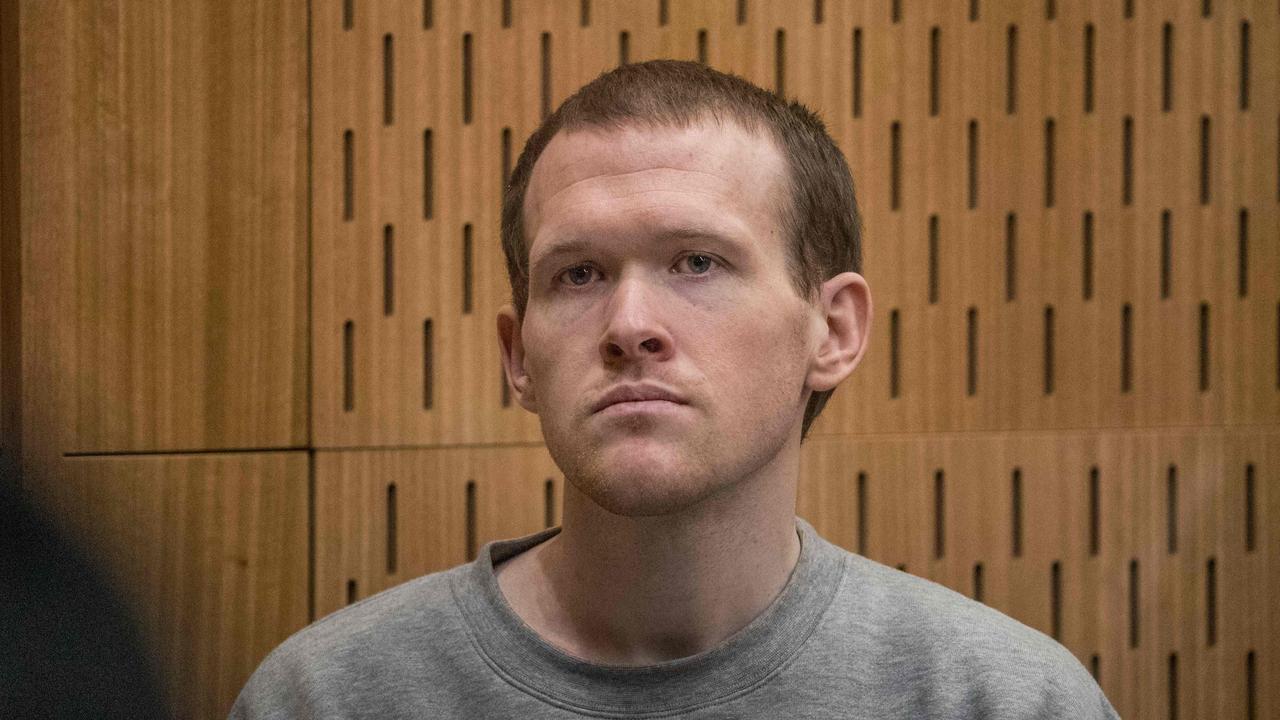
In the weeks preceding his sentencing he told a psychologist he had been acting on “delusional beliefs” and “romantic or idealistic notions” that he would die in the name of a cause.
Justice Mander said these attempts to rationalise his actions were at odds with the boasting statement Tarrant gave to police or the fact that he was “at pains to avoid being shot” when he was arrested.
“(You told them) your crimes were committed in the context of ‘war’ against ‘invading populations’ and ... described yourself as a ‘partisan’,” he said.
He noted the psychologist did not believe Tarrant’s claims about his mental state, as the extreme concentration and energy required to plan the attacks were inconsistent with a depressive episode.
“Stripped of your warped political and ideological trappings, you present as a deeply impaired person motivated by a base hatred for people you perceive to be different from yourself,” he said.
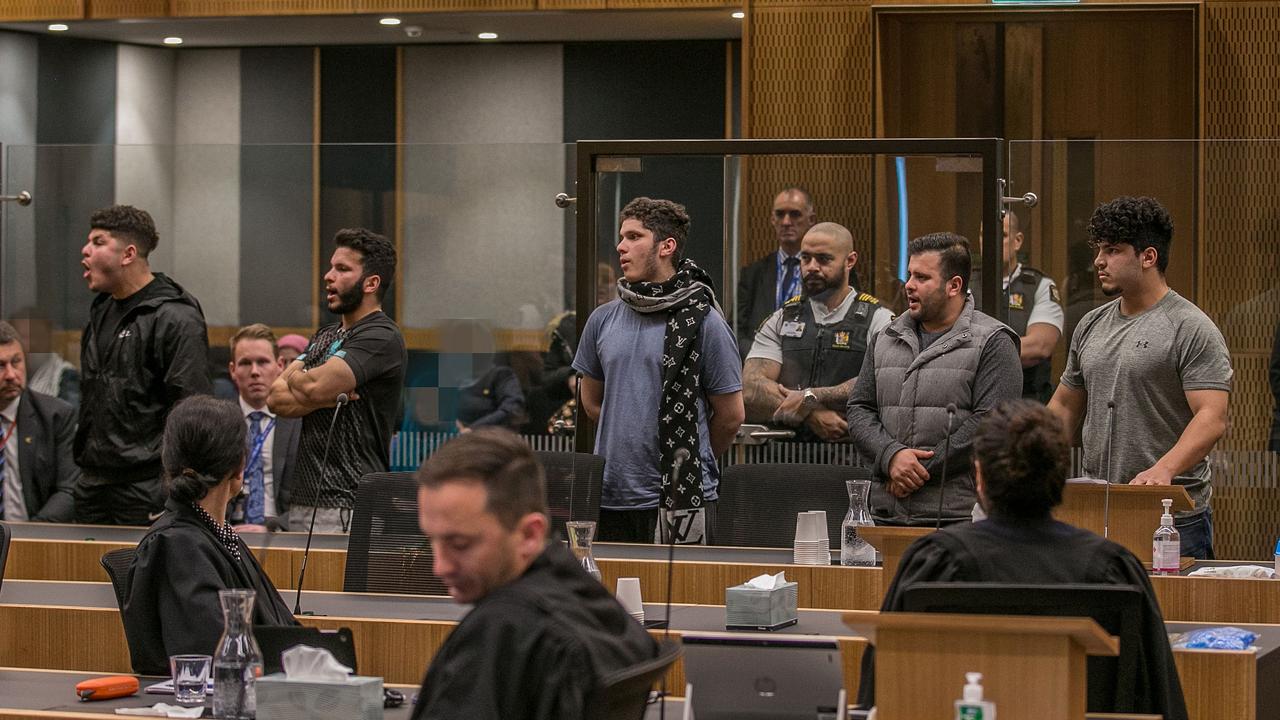
On Monday, with victims and their families watching from seven overflow courtrooms, plus more than 300 people in 15 different countries viewing via video-link, the lengthy summary of facts was read out.
The outline described Tarrant’s preparations for the attacks after arriving in the country in 2017, including acquiring and training with high-powered firearms, researching mosques and even flying a drone over the Al Noor mosque “to conduct reconnaissance”.
The horrific events of March 15, 2019, were then walked through in forensic, moment-by-moment detail.
Tarrant appeared emotionless as details of the massacre were read aloud, at times gazing at the ceiling or turning to peer at several of the crying victims seated in the public gallery behind him.
Over the next two-and-a-half days, the court heard nearly 90 harrowing and heartbreaking victim impact statements from family members and friends of the deceased, and survivors of the shootings.
More than 220 victim impact statements were provided in total.
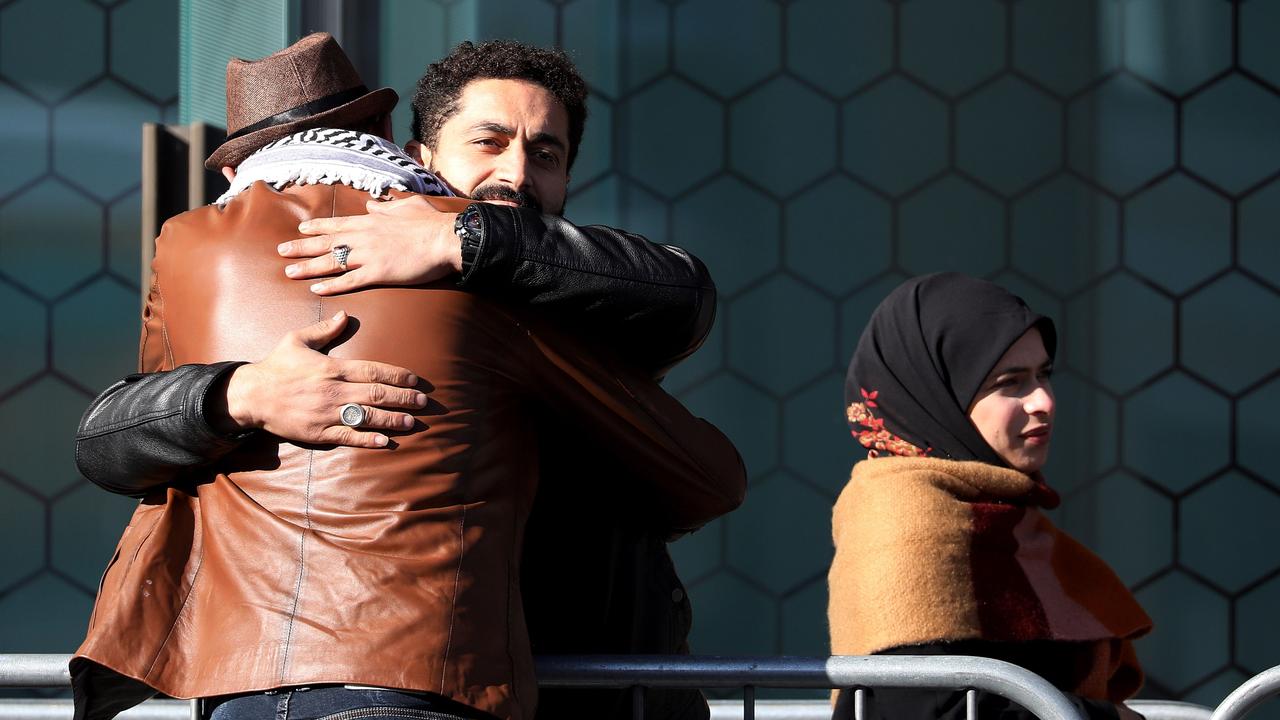
Many of those who spoke pleaded with Justice Mander that Tarrant never be allowed to walk free. Others requested he be moved to a general population prison without special protections. There were also calls for him to be sent back to Australia to serve out his sentence.
Most victims wanted to tell Tarrant that he had failed in his goal of sowing division. They described how New Zealand had rallied around its Muslim community, which had only become stronger in the aftermath.
Shortly before the attacks Tarrant uploaded a 74-page manifesto to internet messageboard 8chan and emailed copies to more than 30 recipients including media outlets and Ms Ardern’s office.
The racist, anti-immigration manifesto, which outlined Tarrant’s theories of “white genocide”, was quickly deemed “objectionable” by the Chief Censor of New Zealand, making it illegal to possess or distribute in the country.
In a bid to prevent Tarrant from using his sentencing as a platform to spread his ideology, the court had ordered that there was to be no live reporting of the hearings, either by media or other observers.
The court “has a duty, particularly in the context of offending against the Terrorism Suppression Act, to ensure it is not used as a platform and is obliged, to the extent possible, to prevent it being used as a vehicle to cause further harm”, Justice Mander said in a minute earlier this month.
The only footage and recordings from the hearings permitted to be broadcast, provided to media under a pool arrangement, were the opening of the hearing, with Tarrant in the dock, the reading of the summary of facts, the presentation of submissions and the delivery of the sentence.




